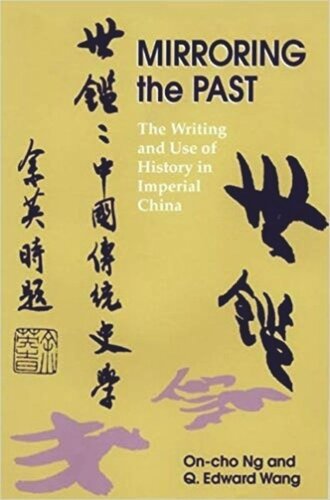

Most ebook files are in PDF format, so you can easily read them using various software such as Foxit Reader or directly on the Google Chrome browser.
Some ebook files are released by publishers in other formats such as .awz, .mobi, .epub, .fb2, etc. You may need to install specific software to read these formats on mobile/PC, such as Calibre.
Please read the tutorial at this link: https://ebookbell.com/faq
We offer FREE conversion to the popular formats you request; however, this may take some time. Therefore, right after payment, please email us, and we will try to provide the service as quickly as possible.
For some exceptional file formats or broken links (if any), please refrain from opening any disputes. Instead, email us first, and we will try to assist within a maximum of 6 hours.
EbookBell Team

4.3
58 reviewsChina is known for its deep veneration of history. Far more than a record of the past, history to the Chinese is the magister vitae (teacher of life): the storehouse of moral lessons and bureaucratic precedents. Mirroring the Past presents a comprehensive history of traditional Chinese historiography from antiquity to the mid-Qing period. Organized chronologically, the book traces the development of historical thinking and writing in Imperial China, beginning with the earliest forms of historical consciousness and ending with adumbrations of the fundamentally different views engendered by mid-nineteenth-century encounters with the West. The historiography of each era is explored on two levels: first, the gathering of material and the writing and production of narratives to describe past events; second, the thinking and reflecting on meanings and patterns of the past. Significantly, the book embeds within this chronological structure integrated views of Chinese historiography, bringing to light the purposive, didactic, and normative uses of the past.
Examining both the worlds of official and unofficial historiography, the authors lay bare the ingenious ways in which Chinese scholars extracted truth from events and reveal how schemas and philosophies of history were constructed and espoused. They highlight the dynamic nature of Chinese historiography, revealing that historical works mapped the contours of Chinese civilization not for the sake of understanding history as disembodied and theoretical learning, but for the pragmatic purpose of guiding the world by mirroring the past in all its splendor and squalor.